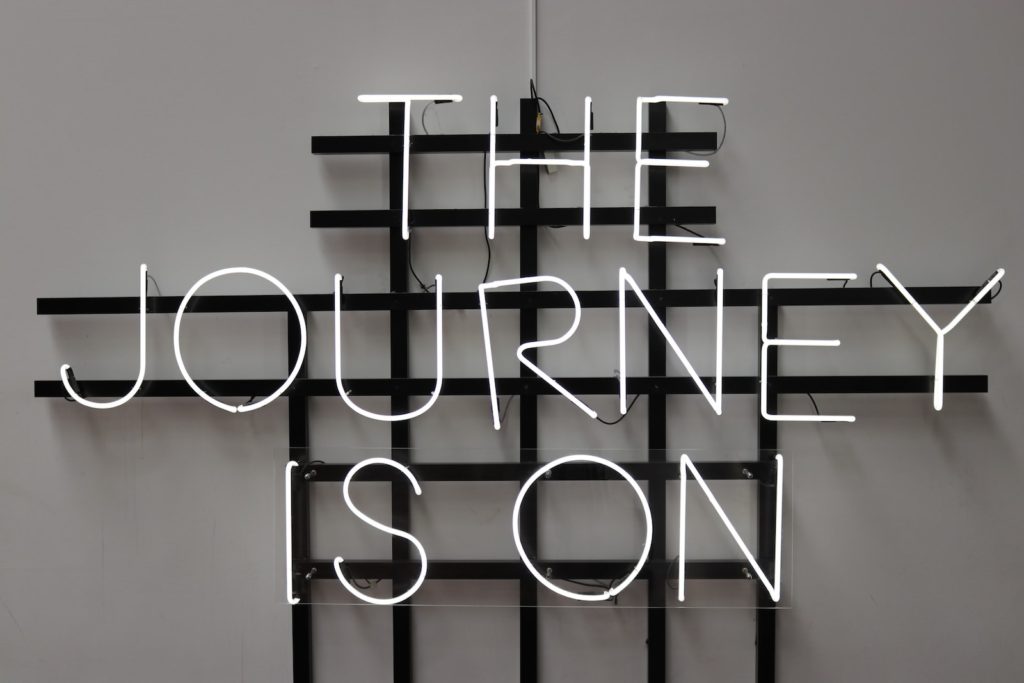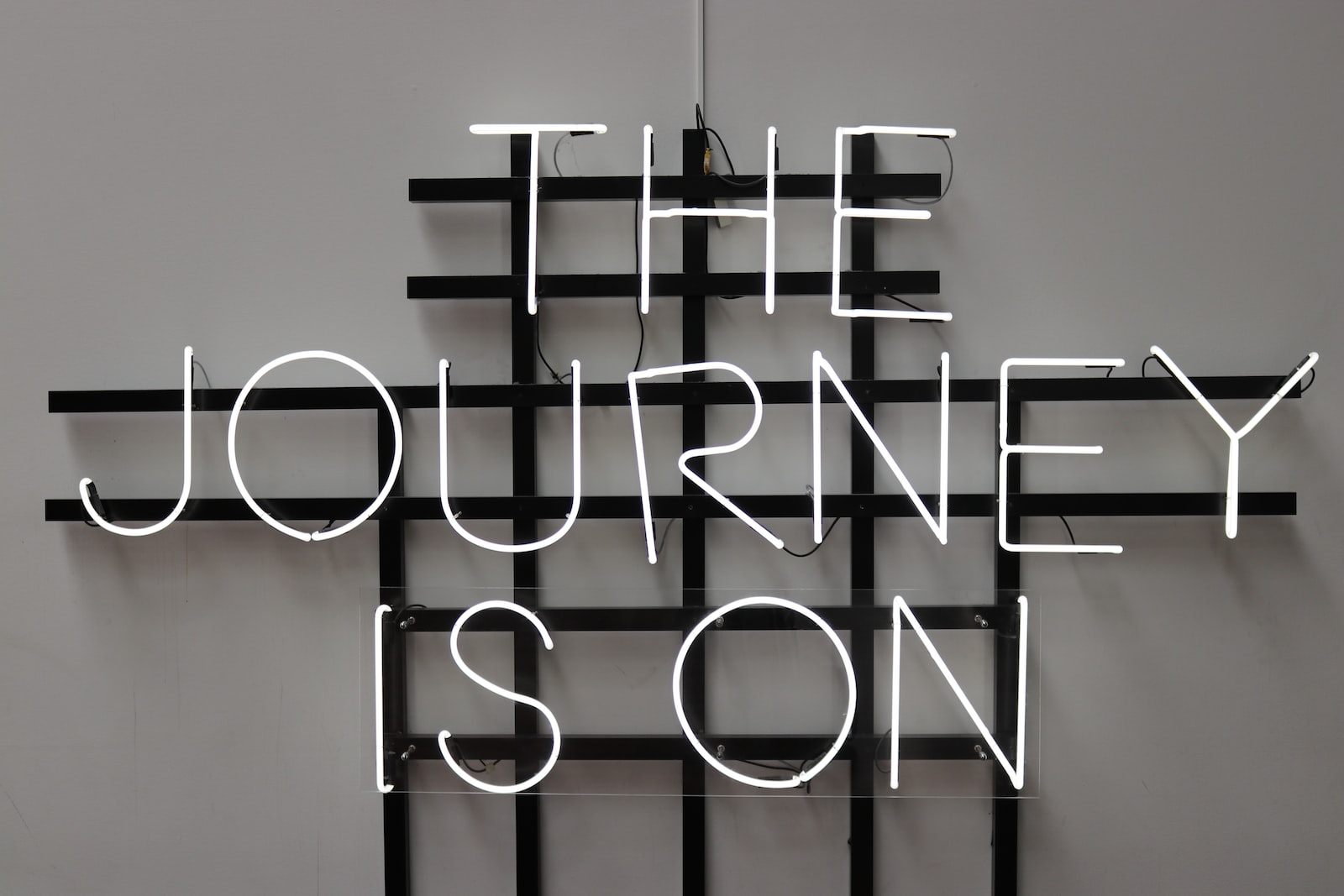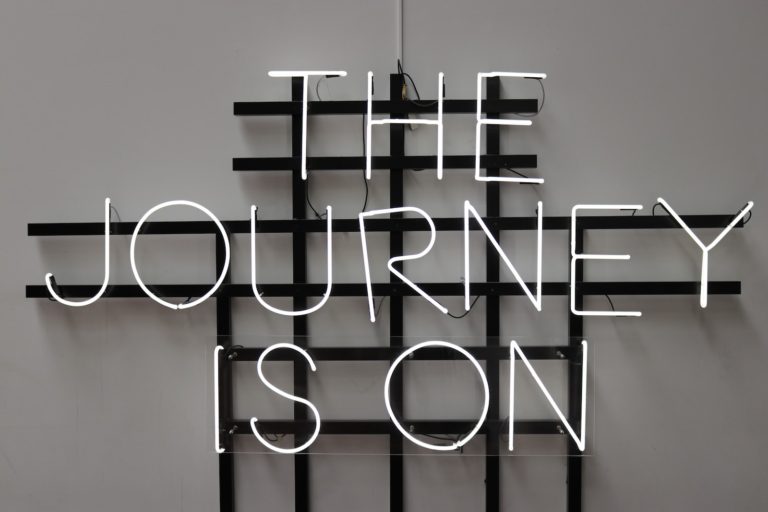Mastery Orientation or How to Stop Seeking Praise
When you do something at work, are you waiting to see how others will react and praise you for your excellent work, or do you focus on your own feeling of accomplishment? No need to answer. Chances are, you do the first. And it’s normal. We all tend to fall into the first category – performance orientation. Read on to find out why you want to develop mastery orientation instead.

The problem with receiving praise
I know you are a well-read leader and have probably heard or read what I’m about to share, but it’s worth repeating it.
We are trying to run 21st-century apps on a thousands-year-old operating system. What do I mean by this?
Simply put, our brains still function the way they did when we used to live in caves. And one of the key functions they have is survival.
How do you survive when you live in a cave in a tribe? By being accepted by and part of the tribe!
So, when we grow up now, in the 21st century (and 20th, for that matter), we are taught to please others. I bet you’ve been told something along the lines of: “Great job! I’m so proud of you, pumpkin!” (or whatever other nickname your parents had for you).
And, naturally, you started to seek this approval. You did everything you could to gain praise from your family, friends, teachers, coworkers, employers… basically, your tribe.
And while belonging is necessary, this type of praise is a double-edged sword. It made you focus on the outcome. It taught you to seek approval from the outside.
What happened when you didn’t achieve the results others expected from you? Yup, no praise came. In addition, you were probably scolded.
I know I was. My parents even made me cry one time when I received a B! As you can see, this experience had a profound effect on me. But enough about yours truly.
When you have performance orientation, want to do better than others, and earn praise and recognition for your performance, you allow external factors to control your life. I’m sure you don’t want this, am I correct?
The power of internal motivation
What’s the antidote to the performance orientation? Mastery orientation, of course.
The main difference between the two approaches is that with mastery orientation, you focus on the performance itself, on being your best self (for that particular situation), and continually developing into a better you. You know that wherever the outcome is, you always grow and learn.
And unlike performance orientation, mastery orientation puts you in control of your life. It allows you to carve your own path.
For example, when you work on the marketing strategy for next year, you do your best. You look at market trends and engage in conversations with your team to understand what would make the strategy a really valuable deliverable for the company. In case you don’t know how to do something, you try to find the answer on your own or ask your team for help.
After your work is done, you release the strategy, and the other teams start implementing it. And you feel satisfied that you have completed the task in the best way possible. Whatever happens next is out of your control, and it’s an opportunity for you to learn and grow (level 5 energy and perspective, anyone?)
So, when the other teams share feedback from the execution phase with you, you learn from this and find out how you can do better the next time. You fix the issues, knowing that today you are a bit better than you were yesterday.

How to switch to mastery orientation?
A proven way to gain mastery orientation is by increasing your energy level and shifting from the ego paradigm to a self-transcending one. As a reminder, you can see the world through 7 distinct perspectives and energy levels:
- 1 – I lose
- 2 – I win; you lose
- 3 – I win; I don’t care what happens with you
- 4 – You win, I might win as well, but I’m not that concerned with myself
- 5 – I win, and you win
- 6 – We all win
- 7 – Life is a game to be played. There are no winners or losers.
The first levels have a lot to do with the ego. Whether it is a fight, flight, freeze approach, or the slightly higher rationalizing, levels 1 to 3 keep you self-absorbed and seeking approval from the outside. These mindsets make you want to do better than others and get recognition.
As you move up the levels, your lens changes to seeing the world as a more collaborative place and life as a journey. Levels 5 and 6 allow you to see opportunity in every situation and focus on your own growth in this game called life.
Wondering what your current energy level is? Click here to find out.
- How to Inspire Others? Lead by Example - May 13, 2024
- Mastery Orientation or How to Stop Seeking Praise - May 6, 2024
- 5 Reasons to Improve Employee Wellbeing and Health - April 29, 2024







